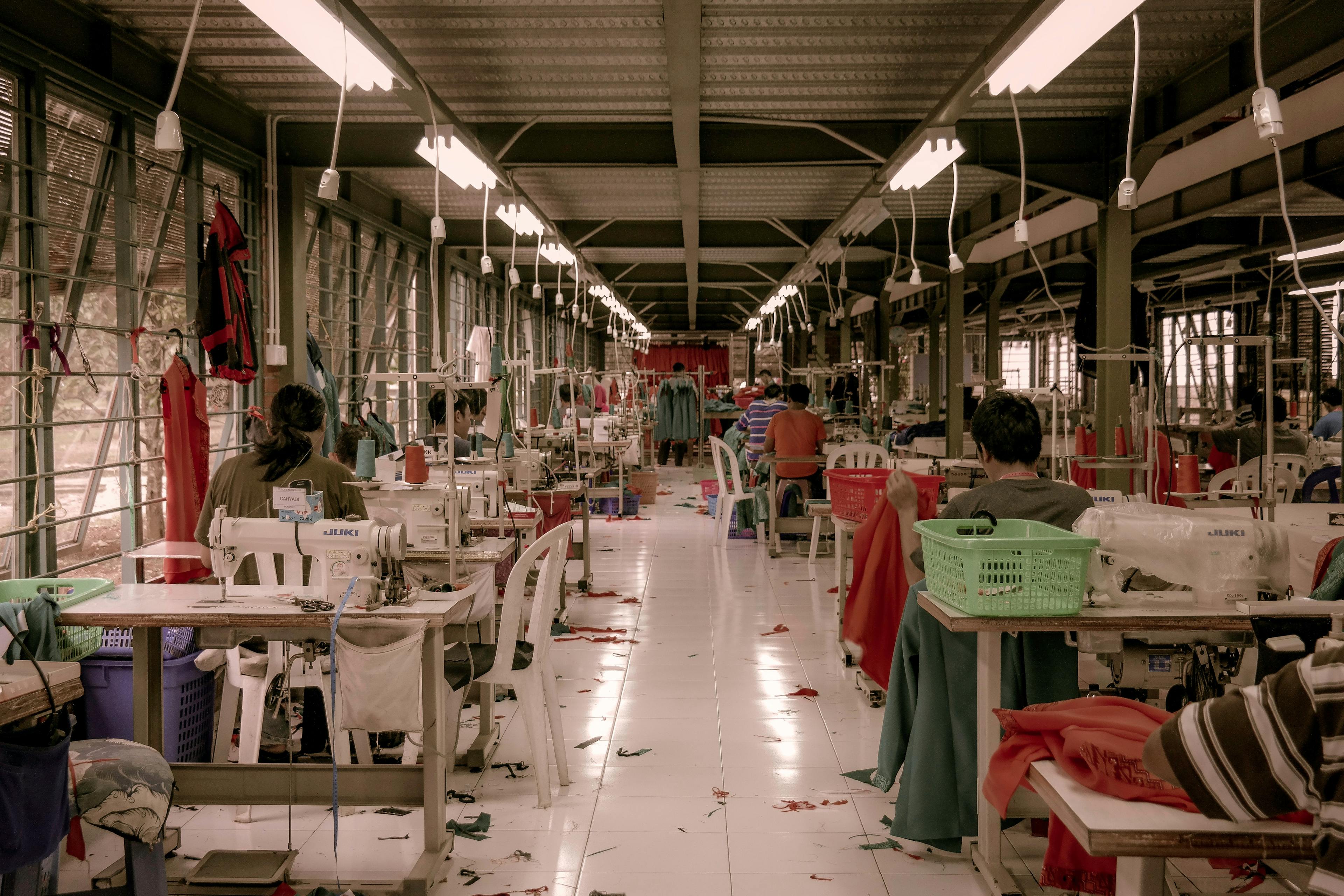On 25 May 2023, the report on the statutory review of the Modern Slavery Act 2018 (Cth) (the Act) was released. The Act required that a review be undertaken three years after its implementation with its outcome tabled to Parliament. The summary report has put forward important recommendations to improve the fight against modern slavery. Whether you are already reporting under the Act or will soon be required to, it's crucial to understand these recommendations. In this article, we share our key recommendations for how businesses can strengthen their response to modern slavery risks.
The run-down
The review of the Act recognises good will and intentions of Australian organisations to reduce harm to vulnerable people and collaborate to share knowledge and tactics on due diligence approaches.
It also acknowledges the common weaknesses across the 7,000+ annual statements submitted over the past 4 years:
- Failing to describe modern slavery risks beyond Tier 1 of supply chains,
- Providing only a basic or unclear description of modern slavery risks,
- Giving an inadequate explanation of risk assessment methods and grievance mechanisms; and
- Not consulting with civil society groups in modern slavery risk assessment.
Whether you are already reporting under the Modern Slavery Act or will soon be required to, it's crucial to understand these key recommendations.
What you need to know
The report will be tabled in Parliament for debate and adoption or revision. There are 30 recommendations, the key changes for you to prepare for now include:
- Lower reporting to an annual consolidated revenue of $50 million
- Introduction of penalties for non-compliance. Areas of non-compliance highlighted in the report include non-submission, knowingly submitting materially false information, failing to comply with a request from the Minister and not having a due diligence system in place that meets the Act’s requirements. The introduction of penalties will not apply to organisations that sit within the $50-100 million threshold for 2 years.
- Add new mandatory reporting criteria:
• Modern slavery incidents or risks identified by the organisation during the reporting year,
• Grievance and complaint mechanisms made available by the organisation to staff members and other people (undefined); and
• Internal and external consultation undertaken by the organisation during the reporting year on modern slavery risk management. - Introduction of a mandatory due diligence requirement – this should effectively identify and assess modern slavery risks and track the performance in addressing them and will not apply to organisations that sit within the $50-100 million threshold for 2 years.
- A mechanism for the Minister or the Anti-Slavery Commissioner to declare high-risk regions, industries, products, suppliers, or supply chains. Reporting organisations will need to consider these declarations during the reporting process.
The Act recognises good will and intentions of Australian organisations to reduce harm to vulnerable people and collaborate to share knowledge and tactics on due diligence approaches.

Edge Impact’s guidance for businesses
Guidance for Act-Reporting Businesses in Response to the Review:
- Review your risk assessment: Take the time to thoroughly evaluate the suitability of your existing risk assessment. Make sure it covers all the necessary areas and is supported by reliable data. If you have been using a consensus model to date it is time to invest in external review.
- Enhance your due diligence processes: Work with your procurement team to identify perceived weaknesses in your current approaches and design a plan of action to address them.
- Set clear Key Performance Indicators (KPIs): Establish measurable goals to assess the effectiveness of your due diligence processes. Close the loop on reporting and ensure board level oversight.
- Ensure you can adapt to new provisions and declarations: Make sure your processes are flexible enough to incorporate these changes and respond effectively to emerging declared risks.
- Take the promotion of your grievance mechanisms seriously: Consider adding to your website, in addition to supplier documentation from tender schedule, contracts and Codes of Conduct, to ensure workers are provided accessible, visible and confidential means to report issues in real time.
For businesses soon to be subject to the Act:
- Establish a modern slavery working group: Form a dedicated team consisting of members from your executive, HR, legal, and procurement departments. Their first task should be to gain a solid understanding of what modern slavery is and familiarise themselves with the existing and proposed requirements of the Act.
- Conduct a risk assessment: Perform a comprehensive evaluation of your operations and supply chain to identify potential risks related to modern slavery. This assessment will help you get clear on the challenges you are trying to solve.
- Learn from others: Take advantage of the experiences and best practices shared by existing reporting entities. You can find valuable insights by reviewing the annual disclosure statements available on the Attorney Generals website. This can provide you with practical examples and guidance from your own industry for meeting your reporting obligations.
- Collaborate and seek guidance: Remember that you're not alone in navigating these requirements. Collaborate with relevant stakeholders and seek guidance from industry associations, non-profit organisations, and other resources. Engage your procurement team to involve suppliers in the design of your organisation's responses, as they too will be adapting to these new requirements.
The statutory review of the Modern Slavery Act has presented businesses with an opportunity to strengthen their response to modern slavery risks.

Whether you are already reporting or soon to be subject to the Act, use this time to get ahead of your compliance obligations and contribute to a world free from exploitation. Consult professionals to understand the obligations applicable to your business and to design appropriate responses.
To fully transition to a sustainable society, commitments and targets are no longer enough. The message is clear: it’s time to step it up and deliver, today. Together, we can combat modern slavery and create a world where everyone is free and protected from exploitation.
Note: The content of this blog is intended for informational purposes only and should not be construed as legal advice. Consult with legal professionals to understand the specific obligations and requirements applicable to your business.
You can view Edge Impact’s submission to the review of Australia’s Modern Slavery Act 2018 here.
If you would like to learn more about how your business can strengthen its response to modern slavery risks, you can reach out to our Sustainable & Ethical Procurement team here.







